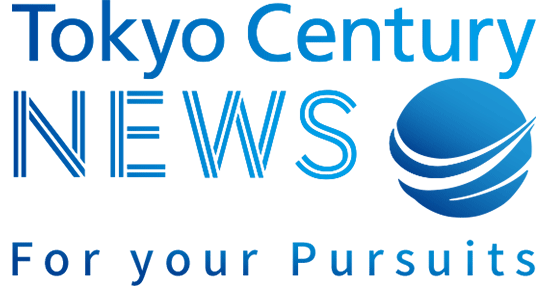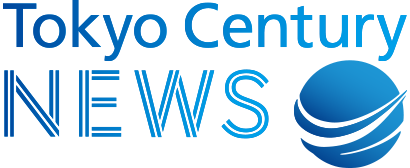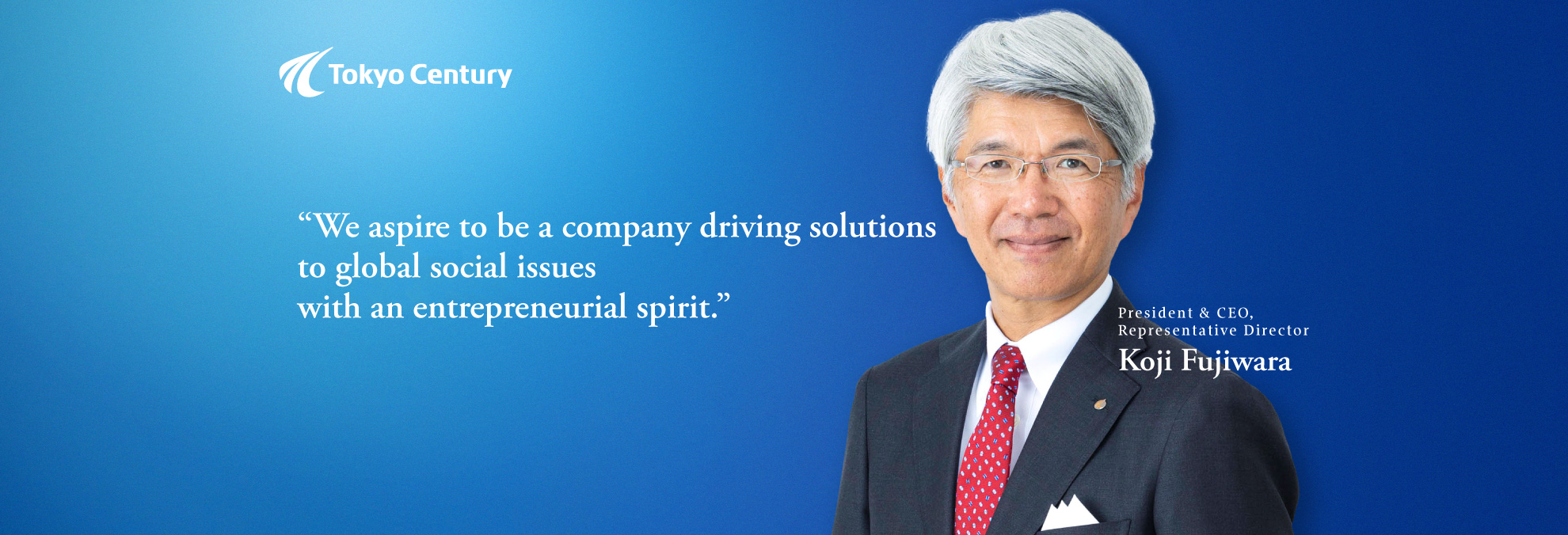
In April 2025, Mr. Koji Fujiwara was appointed President & CEO, Representative Director of Tokyo Century. Already an accomplished former president of a megabank, he chose Tokyo Century as the next stage of his career. So, what led him to this decision?
In his public comments, he emphasizes that the company’s greatest asset is its people. His first action after becoming president was to engage in dialogue with all employees. What were those talks like?
This article shares his enthusiasm for his role and the conversations with employees.
Drawn to Serving as a Transformational Leader of Tokyo Century, a Company with Abundant Opportunities and Potential
—Mr. Fujiwara, why did you join Tokyo Century?
Fujiwara: To put it simply, Tokyo Century had always been on my radar. Ever since I joined Dai-Ichi Kangyo Bank (now Mizuho Bank), I’d been following Tokyo Century with keen interest, starting with its predecessors, Century Leasing System and Tokyo Leasing. While banks are licensed and subject to regulation, leasing companies operate under fewer legal restrictions, with ample room for expanding the scope of business in which employees can confidently apply their creativity and energy. Of course, greater freedom means greater responsibility, so I hope to further strengthen Tokyo Century with all this in mind.
When the Nomination Committee sent me a request to become president, I was very pleased to receive an opportunity to work where I’d be useful, face new challenges, and lead a company with abundant opportunities and potential, so without hesitation I indicated I was ready to go. I’m truly grateful to be in this position, with the luck and the people I’ve met along the way.
Getting Every Employee to Know Me and Feel Connected to Management through Dialogue
—Why did you set up opportunities to interact with all employees, especially during the hectic period right after you became president?
Fujiwara: I was eager to meet every employee as soon as possible. First, I wanted everyone to get to know me, so I decided to hold exchange meetings on each floor to interact with them. I wanted to not only share my thoughts but also respond to concerns and ideas as they came up. I think two-way communication is very important, and it includes being open to comments that might be unpleasant and paying attention to voices that aren’t often heard. I’ll continue to seek more new opportunities for face-to-face dialogue, such as town hall meetings.
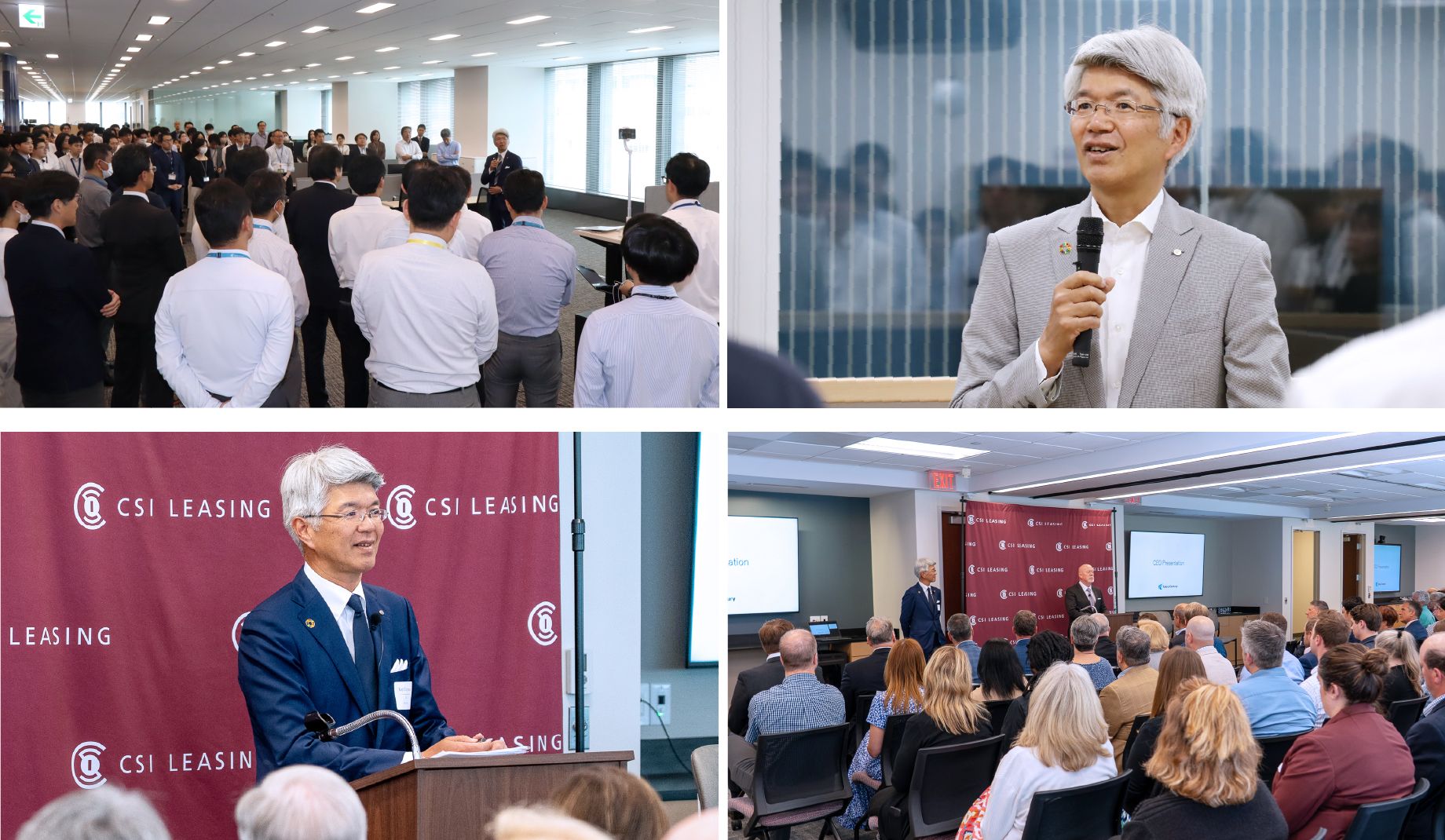
Exchange events. Starting at the Head Office and the Tokiwabashi Office, there have now been 12 events, including at overseas subsidiaries.
—What is your vision for Tokyo Century?
Fujiwara: In my first official message as president, I shared my vision for us to become a company driving solutions to global social issues with an entrepreneurial spirit. This pioneering spirit for taking on challenges lies at the very foundation of Tokyo Century. The world is facing numerous issues, such as energy challenges, a declining population, and conflicts. I would like us to be a focal point leading the way in addressing these issues.
To this end, it’s important to hone our advantage in determining the value of things that we’ve cultivated so far, and to expand our field of impact by promoting collaboration with partner companies. We must also broaden our business operations and restructure our portfolio to maximize the potential of our financial expertise and our businesses and services to contribute to resolving social issues. This will establish the foundation of our business for the future and sustainably increase our corporate value.
We intend to implement a variety of reforms to both strengthen our business and ensure our company is a place where all employees can experience joy and fulfillment in their work.
Q&A Highlights from President Fujiwara’s Exchange Meetings with Employees
Here are a few selected Q&A highlights from his “Get Acquainted” visits.
Q: How would you describe your personality?
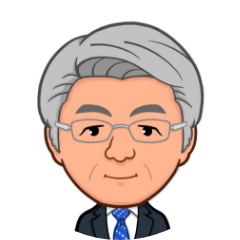
Fujiwara
I can’t deny that I hate to lose. I played sports all through middle school, high school and college, and I’m driven to be the best. I’m also optimistic, and I don’t view hardships as negative. I look upon the current challenges, no matter how tough or painful, as a test given to me now for the sake of my future.
Q: What’s the meaning of the 2025 Action Guidelines, Be Swift, Be Right, and Be Innovative?
The first part, “Be Swift,” has two meanings: to speed up the work and to finish it ahead of schedule. Speed is critical in times of rapid change. In business, moving forward with something that’s 70% ready tomorrow can create more value than waiting to deliver perfection a week later. Also, I hope that by getting the work done early, you have time to focus on personal development and enrichment through contact with people outside of the workplace, at home, and through hobbies.
“Be Right” means appropriately earning money. While we must generate profit as a company to increase corporate value and our salaries, doing so through improper means is unsustainable. We value ethics and morality. I hope you will remember to earn money by squarely and honestly responding to circumstances. In this way, I’m confident we’ll continue to be respected by society.
For “Be Innovative,” I’d like everyone to try new things and learn even from failure. There is no joy in doing the work when you remain stuck in old routines and mindlessly doing things the same way. You must always reflect on your work and avoid unnecessary actions. Taking responsibility to think things through and facing new challenges will bring the joy back into the job.

Fujiwara
Q: What do you like about Tokyo Century?

Fujiwara
My first impression of the company was that its people are nice. I sense that many of the employees are very warm, caring, and great. The overall company environment projects this same quality, and I feel a certain warmth. Kind people have the potential to become stronger.
Tokyo Century’s greatest strength is its human resources. To ensure that all employees, as the source of our future, can maximize their abilities, we want to accelerate the expansion of human capital and revitalize our corporate culture. We also want to create an environment where employees can take on challenges on their own and can feel comfortable and fulfilled within a richly diverse culture.
Another strength of Tokyo Century is our wonderful Group companies and partners in Japan and overseas. We collaborate with major companies across various industries, including NTT Corporation and Itochu Corporation, to create new businesses that transcend conventional boundaries. It’s important for us to steadfastly grow and evolve every day so these partners remain at our side.
Q: Finally, do you have a message for the employees?
Thank you all so much for your hard work. I hope we can strive together so that the company transforms and grows to realize its future aspirations. In addition, I’d like to make greetings another a habit of our workplace. Greetings are the first step for communication, so please join me in making our workplace bright and delightful.

Fujiwara
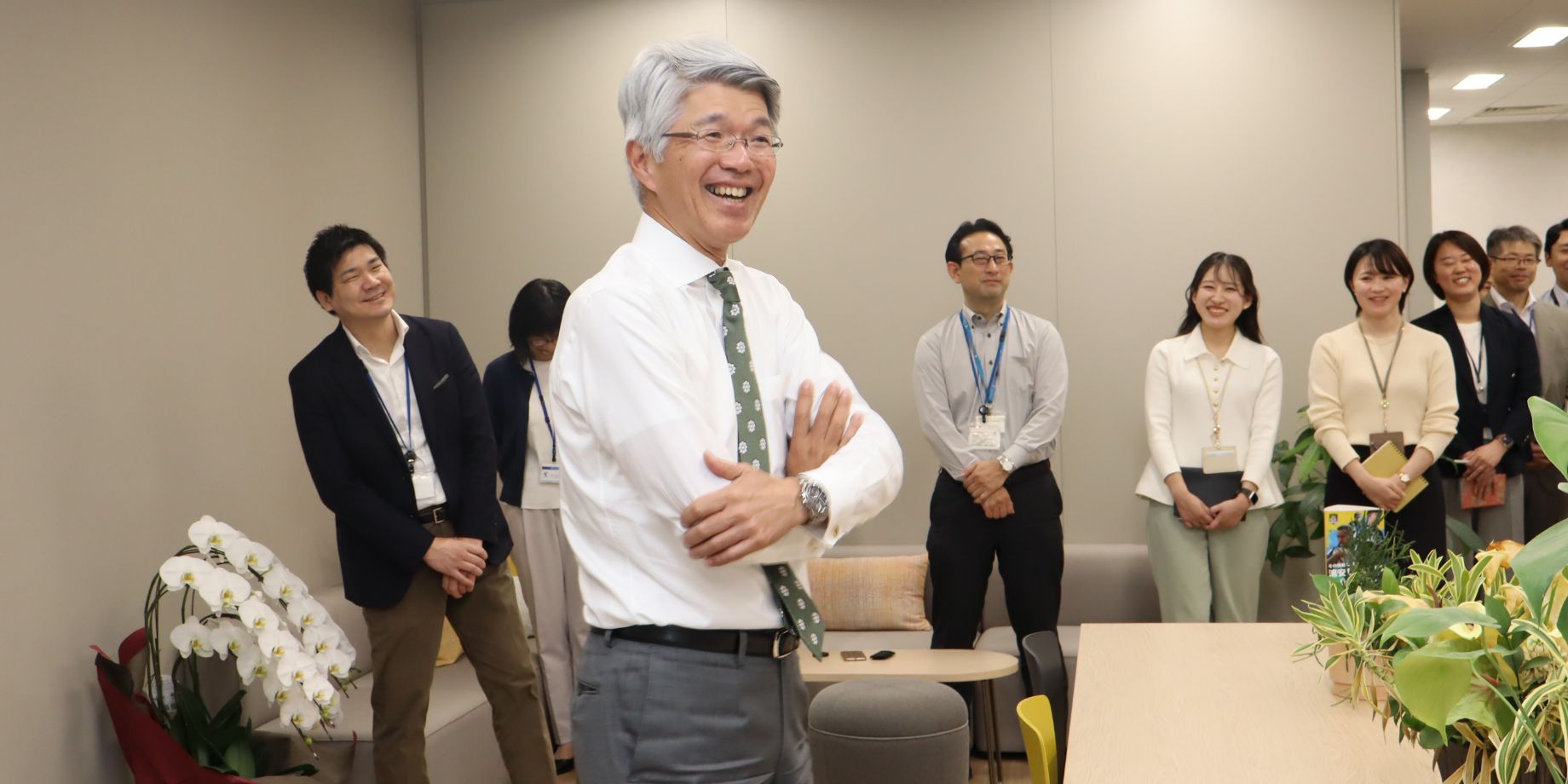
Comments from Participating Employees
—Ms. Watanabe, as the president’s secretary, you talk with him more than anyone else. How would you describe him; has he been exactly as you expected?

Watanabe
Ms. Watanabe, General Manager of Secretarial Division: Mr. Fujiwara has a lot of energy, as you might imagine. He is friendly and approachable to everyone. He also likes coffee and always brings a thermos bottle of coffee to meetings. This may be one of his personal preferences.
What do you think about the exchange meeting talks that Mr. Fujiwara set up? Did anything in particular stand out?

Ozawa
Ms. Ozawa, Sustainability Management Division: I was impressed by how Mr. Fujiwara’s personality and enthusiasm were conveyed to the employees during the meetings. This created a pleasant atmosphere of togetherness and cheerfulness. I was inspired by the goals the president set, and they helped me to see myself in a new light. I’ll work even harder to contribute to the company’s growth.
Ms. Nariyasu, Corporate Business Division II: During the Q&A session at an exchange meeting, when I asked the president what he considers to be the most important aspect of employee training, he said, “Interest in others, communication, and clear goal setting.” I’m also motivated by his high expectations for the potential of every employee.

Nariyasu
 Nakamoto
NakamotoMs. Nakamoto, Treasury Division: It was a valuable opportunity for me to hear Mr. Fujiwara talk about a wide range of topics, from his experiences as a student and as a young employee to his interactions with residents of his hometown, as well as his current thinking. Hearing him speak enabled me to deeply appreciate his thoughts and enthusiasm in a way that’s difficult to convey through words alone, so it was a very humbling experience.
Ms. Katsurayama, Corporate Business Division III: I knew of Mr. Fujiwara’s passionate personality from his first official message and other occasions. By hearing from him directly, however, I could feel the power and passion behind every word. I can’t wait to see how our company will leap forward under his vision.

Katsurayama
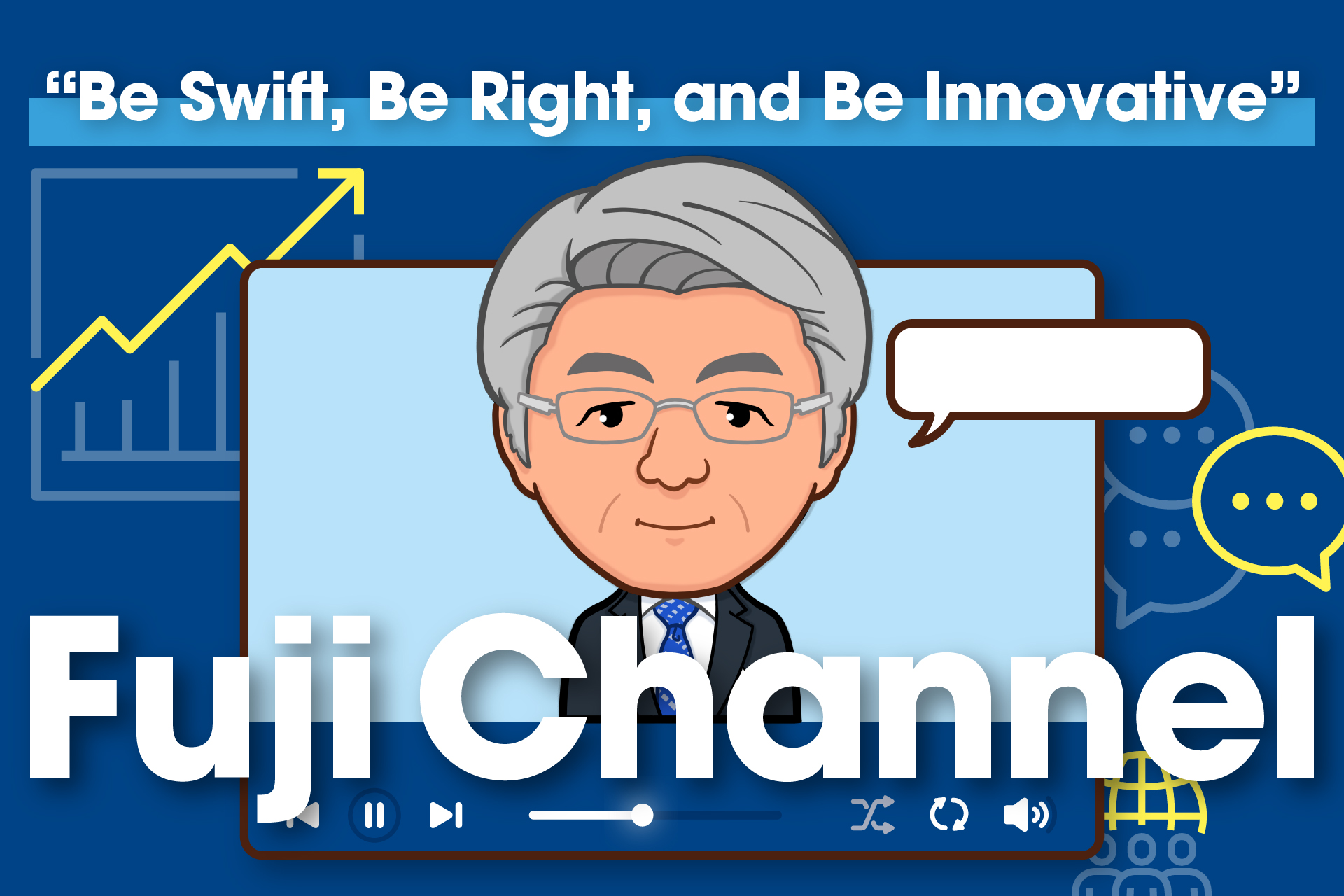
Mr. Fujiwara values communication and plans to visit local branches and overseas Group companies.
An internal video channel called Fuji Channel has also launched.
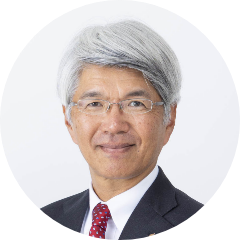
Koji Fujiwara
President & CEO, Representative Director of Tokyo Century Corporation
Served as President & CEO (Representative Director) of Mizuho Bank, Ltd. and in other positions before becoming an external director of Tokyo Century in June 2024 and President & CEO, Representative Director (current position) in April 2025. He has extensive experience and insight in corporate management as a bank executive.
*The contents of the article and the position titles are as of the date posted.
